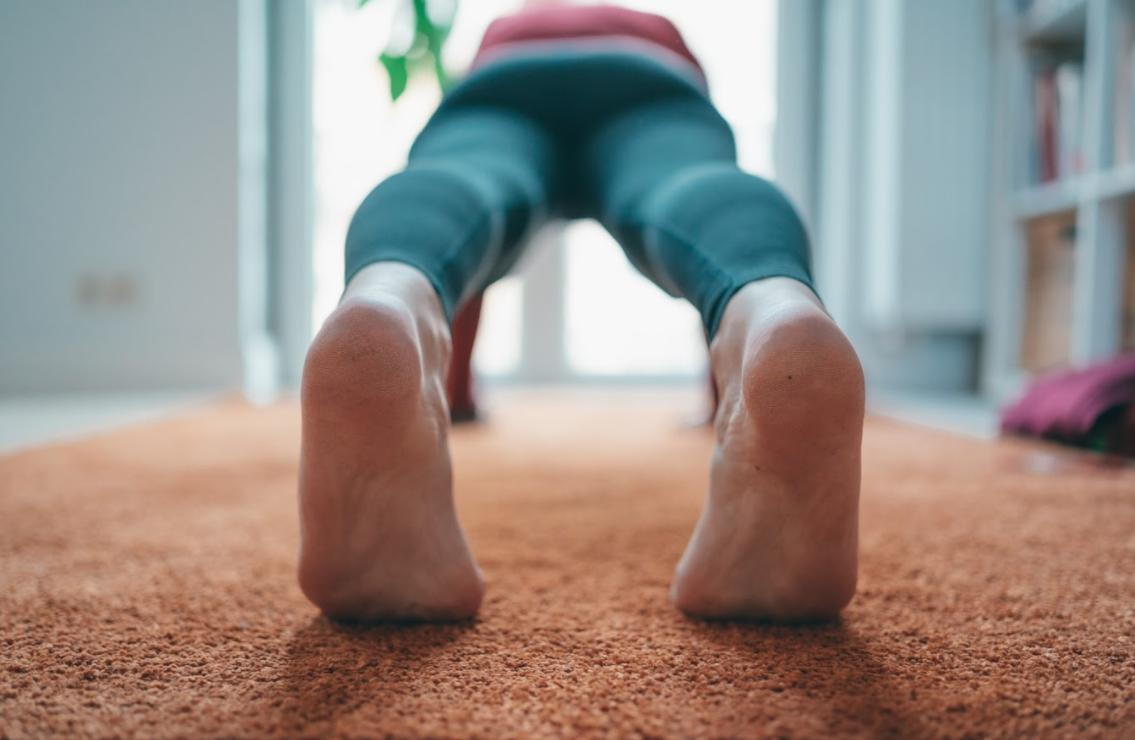Do you Need to See a Podiatrist for Plantar Calluses?
posted: May 30, 2023.

Do you Need to See a Podiatrist for Plantar Calluses?
Plantar calluses are common and affect both men and women, although more women are affected than men. Plantar calluses are easily treatable, but they can cause concern if they occur alongside another condition such as diabetes.
What are Plantar Calluses?
Plantar calluses are areas or patches of tough, thickened skin that develop on the bottom part of the foot’s surface (the plantar side). Plantar calluses can form on any part of the plantar surface but most commonly affects the plantar fascia, a thick band of tissue that runs from the heel to the ball of your foot and toes.
Plantar Calluses Symptoms
Plantar calluses cause the skin in the affected area to turn yellow or gray and get a hard, rough, flaky, or dry texture. While the skin itself does not feel pain (it is dead skin), applying pressure to the callus can cause pain. Plantar calluses can affect a small, localized area or cover a wide area of the heel.
Plantar calluses may seem like corns and plantar warts, but they are different. Corns typically occur on the toes and between the toes, while warts have a cauliflower-like appearance. The best way to tell whether you have plantar calluses is to look for engraved groves (striations) on the patch of hardened dry skin.
What Causes Plantar Calluses?
Since we use our feet very often, they are prone to develop different types of growths. Plantar calluses form when pressure and friction are applied to the plantar surface with little to no protection. Calluses, therefore, form as a type of protection.
The two biggest culprits when it comes to plantar callus causes are poor footwear and overuse. Wearing shoes that do not adequately support or protect the feet can result in calluses. Similarly, if you spend too much time on your feet (coupled with the wrong footwear), you will likely form plantar calluses.
Can You Treat Plantar Calluses at Home?
Plantar calluses respond well to simple home remedies. The most effective home treatment is soaking your feet in warm water and applying a thick emollient like petroleum jelly after drying your feet. Rubbing with a pumice stone or file after soaking also helps the body shed the dead skin and replace it with the softer skin underneath.
You can also treat plantar calluses at home by changing your footwear. Shoe inserts or padded footwear can reduce the pressure and friction applied to your feet as you walk. If you exercise often, look for athletic shoes that offer additional protection to the feet.
When to See a Podiatrist for Plantar Calluses
Most of the time, home remedies effectively manage plantar calluses.
However, some circumstances require a visit to the podiatrist, and include:
- If you have heart disease, diabetes, or circulatory and nerve issues, it may lead to infection. If you have these conditions, see a foot specialist immediately you see plantar calluses forming.
- The plantar callus has pus or discharge, an indication that the callus is infected or ulcerated.
- The plantar calluses keep recurring, which may warrant further investigation.
- Painful, red, or warm calluses are another sign of infected calluses.
If you have any of these signs, you should make an appointment with your podiatrist as soon as possible. Some of the treatments they may recommend are surgical removal, applying 40% salicylic acid patches, or orthotic shoe inserts to better support your feet.
Wrapping Up
In summary, you can treat plantar calluses at home with simple home remedies. However, you should see a foot doctor if you have an underlying condition or if they are significantly impacting your daily activities.